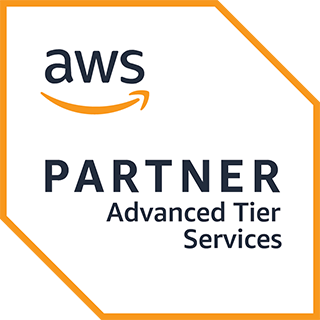DevOps Solutions: A Multi-Client, Cloud-based DevOps Solution
Problem:
CTAC specializes in providing IT management solutions to government clients at the federal, state, and local levels. When approached by two leading health care agencies for a modern hosting solution, CTAC faced a common challenge: agencies had multiple custom Software as a Service (SaaS) solutions but lacked mature and secure DevOps-centric infrastructures to host them. Both agencies had diverse missions related to public health, risk protection, Medicare, Medicaid, and healthcare claims and appeals. One agency required the support for their case tracking system while the other required a tool for visualizing electricity-dependent device population estimates. The challenge was to build and host these custom applications in a DevOps cloud environment despite differing technology stacks and the absence of established DevOps frameworks.
Solution:
CTAC drew upon its extensive experience working with federal clients and replicated a successful DevOps approach and tool suite. CTAC designed and constructed a Jenkins-based DevOps platform with key principles such as idempotence, repeatable processes, shared build structures, autoscaling, and continuous integration/continuous delivery (CI/CD). Leveraging AWS’s Virtual Private Cloud (VPC) and Application Load Balancers across two Availability Zones (AZ), CTAC created a versatile DevOps platform capable of meeting the needs of both agencies, and over time, was able to successfully migrate additional health agencies into the hosting platform.
The core services in CTAC’s Network Operations Center (NOC) included a multi-AZ Relational Database Service (RDS), Consul, AWS S3, and Splunk. Secure account/VPC interconnect enabled clients, both internal and external, to access these backend computing services. CTAC configured a dedicated AWS VPC with LDAP, DNS, Jenkins, Puppet, Splunk Search Head, and Sophos UTM to support the required case tracking system. This VPC was connected to CTAC’s NOC, providing the government with essential platform core services. Similarly, CTAC refactored the SaaS solutions to be cloud-based by leveraging the CTAC NOC for platform core services. This standardized approach allowed for significant time and cost savings while providing tailored DevOps solutions to each federal client. CTAC delivered a modern SaaS solution for streamlined case management, and a modern, versatile cloud-based platform for hosting SaaS solutions used for government operations, including emergency planning and evacuations.
Conclusion:
CTAC’s approach enabled clients to swiftly, securely, and cost-effectively deploy DevOps solutions, transforming from legacy on-premise systems and siloed hosting to a peerable DevOps Platform as a Service (PaaS). The benefits included higher-quality product releases at an increased pace, the sharing of DevOps best practices, economies of scale, and cost savings. The CTAC NOC provided clients with a robust DevOps solution that was both security-compliant and adaptable to their chosen technology stacks. Additionally, CTAC had the opportunity to educate multiple agencies about modern DevOps processes, configurations, and security for VPCs, contributing to their organizational advancement and understanding of the solution provided.


